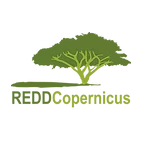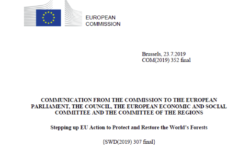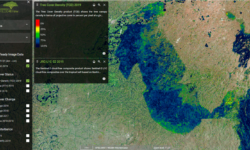An online workshop on assessing the Research Priorities for Tropical Forest Monitoring in the context of the REDDCopernicus project was organized on 14th & 15th June 2021.
The objectives were to bring together research experts on FM to systematically assess current R&D progress, identify remaining R&D gaps, develop concepts to address those gaps, and finally to present a priority list of gaps and actions.
Research gaps were defined in relation to the project, as the difference between what the proposed Copernicus REDD+ Service would provide, and what users need. The workshop therefore looked at missing services, as well as how research could contribute to the next generation of improved Service Components.
The workshop was attended by 207 people on day 1 and 134 on day 2 . This was the plenary session count, so participants who only joined a breakout discussion session were not included in these numbers.
A number of tropical countries were represented by participants (see Figure below).
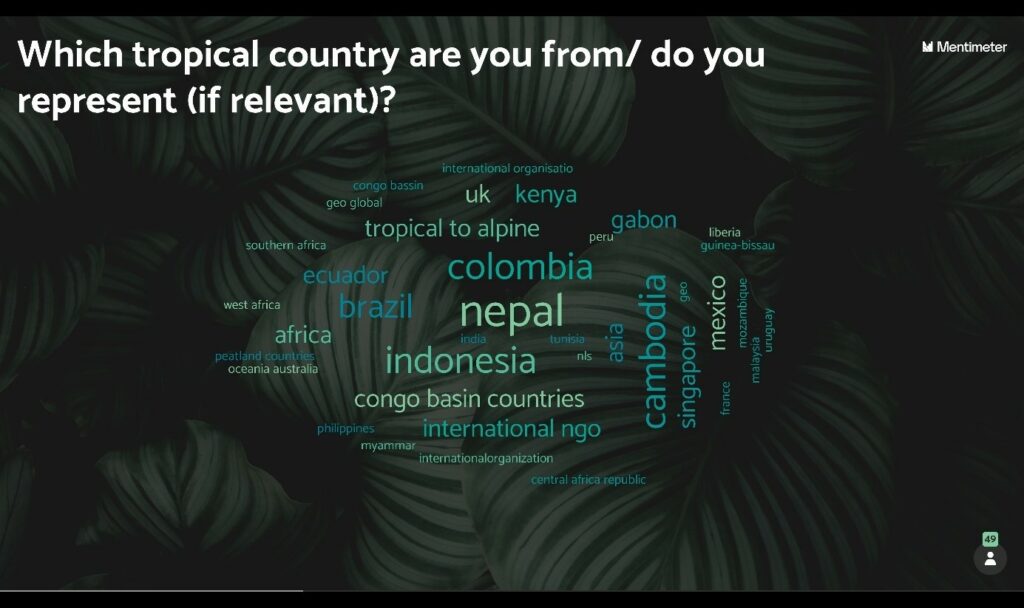
Firstly the REDDCopernicus project was introduced, and the first version of the Proposed Service Component presented. A Q&A session on the proposed Service Component provided some lively discussions. Participants were asked to select which elements of the future Service Component they might expect to use (Figure 2, below). All elements were found to be important to participants, with a slight preference for Tree Cover Disturbance and Tree Cover Density products.
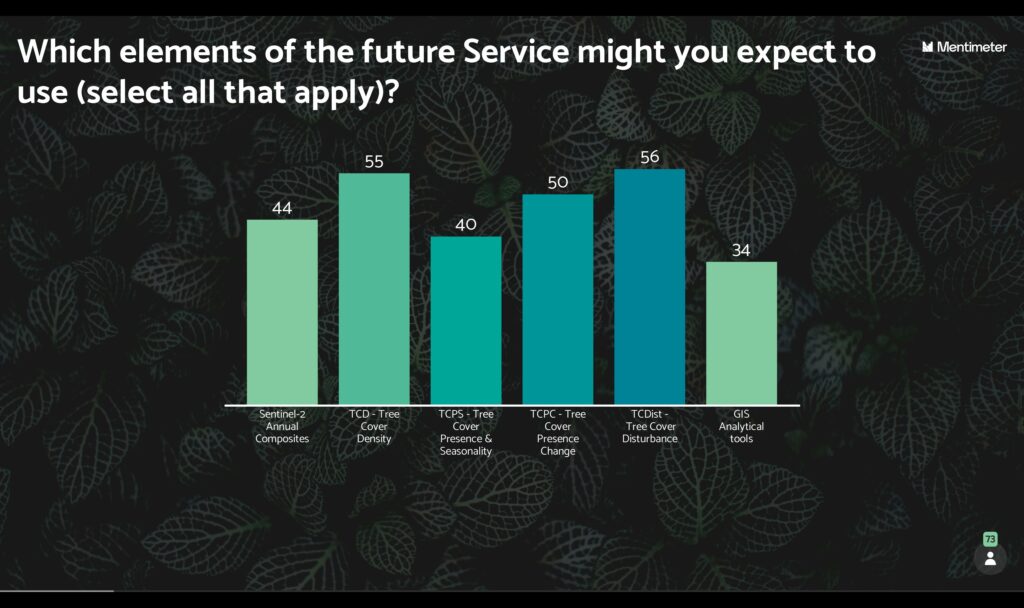
Secondly, findings on the identification of priority themes for Tropical Forest Monitoring research which was carried out as part of this project was presented. The availability of existing research on different themes was considered a criteria for the prioritization of future research (see next Figure).
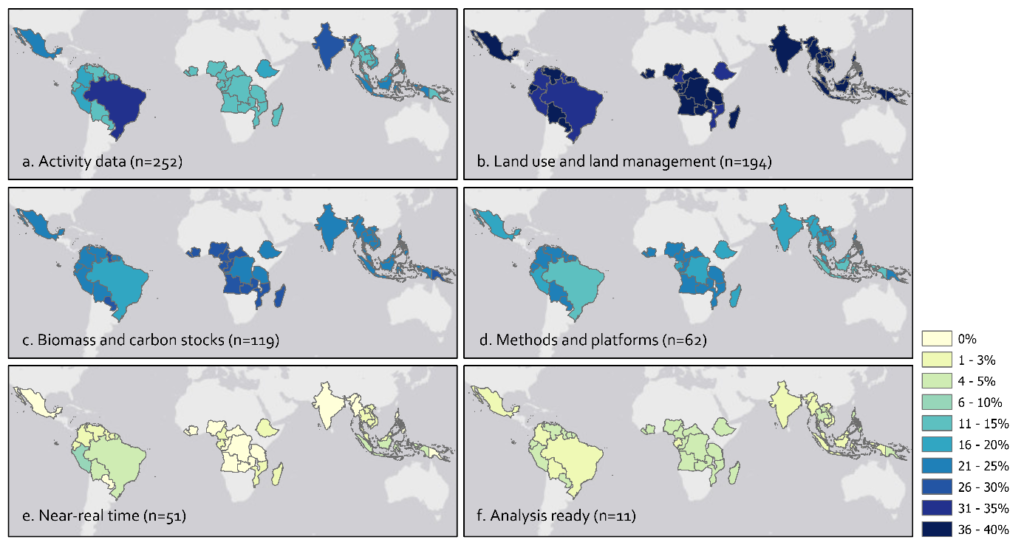
https://www.mdpi.com/2072-4292/13/12/2252 The percentage of studies from a Scopus search and search of conference proceedings performed in each of the 6 categories per country between 2018 and 2020.
In order to discuss future research priorities, breakout discussions on priority research themes were held. Invited speakers gave short pitches (5-7 minutes)outlining research progress, remaining challenges, and proposed new research related to that theme. Open discussions were held on what the overall research priorities might be for each theme.
The thematic sessions, and number of expert pitches per session were:
- Degradation & Regrowth – 8 pitches
- Biomass – 6 pitches
- Early Warning – 6 pitches
- Uncertainty Analysis – 4 pitches
- Land Use & GHGs – 6 pitches
- Methods to identify and assess new research in the context of GFOI’s R&D Coordination Component – 6 pitches
The recordings of the pitches are available here.
For each of the thematic sessions, several priorities emerged and the top three research priority topics were defined for each of the research themes. All the priorities were presented in the plenary sessions, where workshop participants were able to vote on the importance of the top three topics. Additionally, participants were asked to suggest what was missing or would be their priority for research. Some other themes emerged, such as a focus on certain ecosystems/forest types (dry forests, peatlands), the need for capacity building, and the use of Sentinel-2 data (see Figure below).
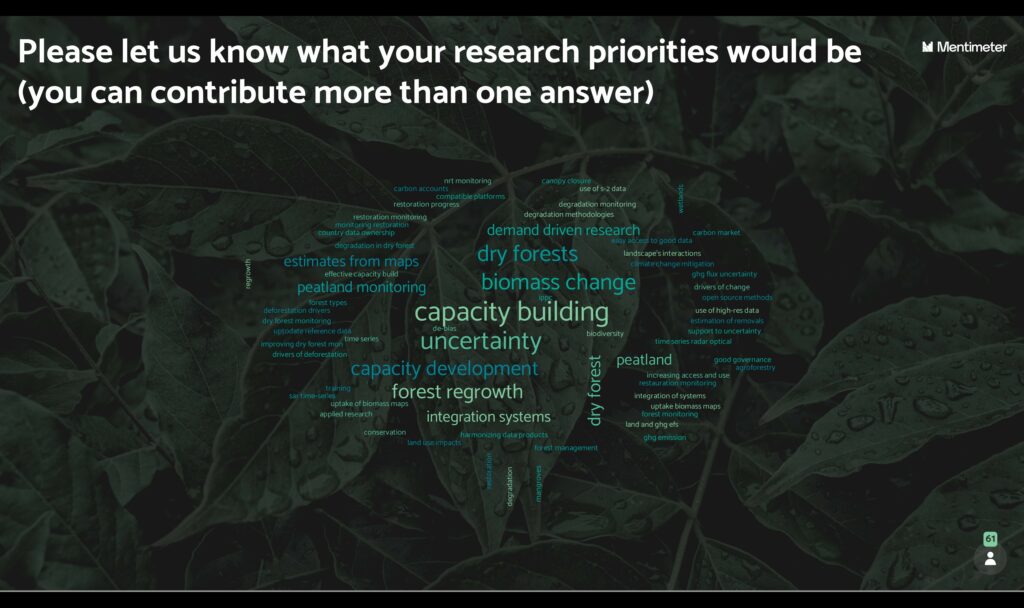
The detailed findings of this will be part of a Compendium of Research Priorities which will be published online as part of the project activities at www.reddcopernicus.info in 2022.
